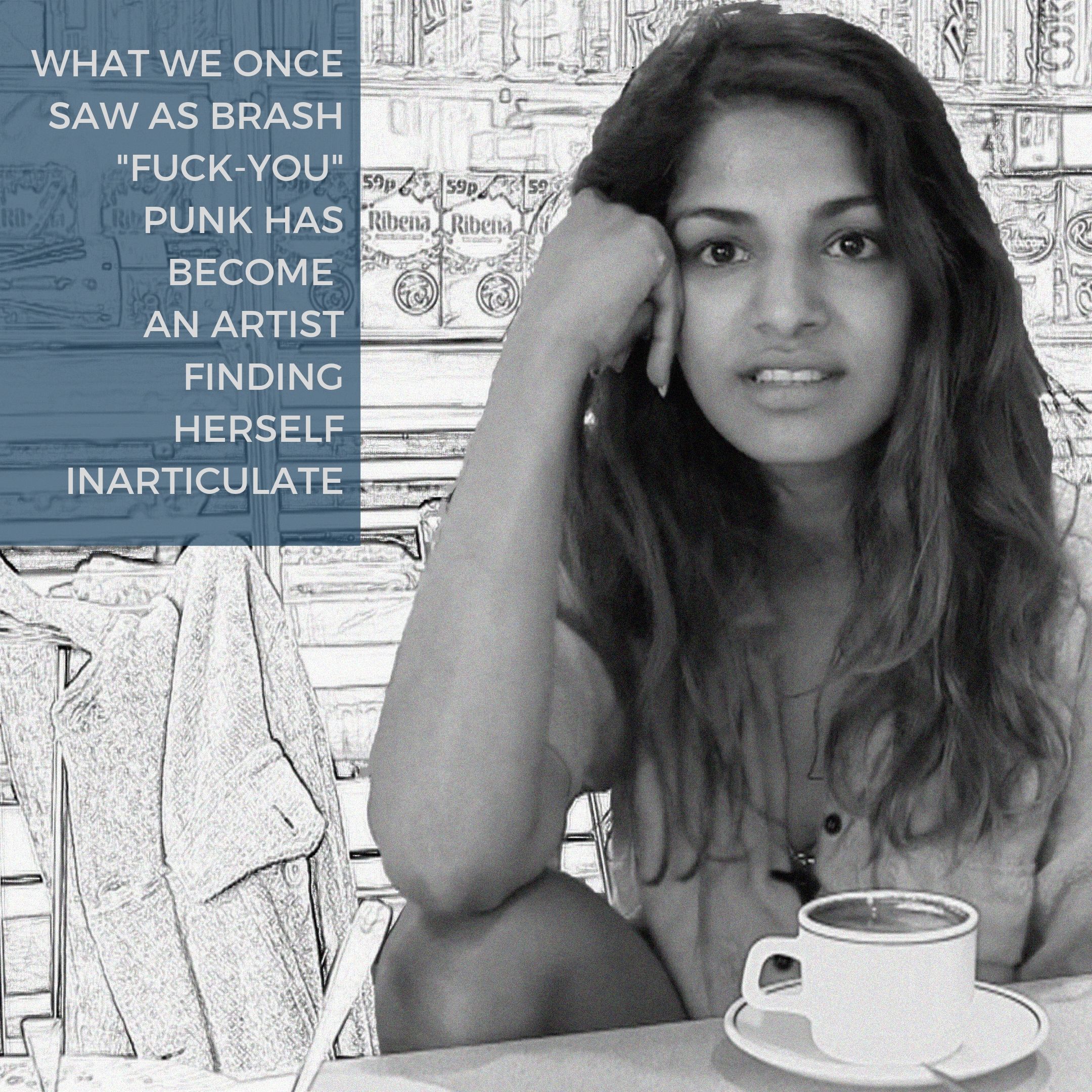
M.I.A.: One Popstar, Three Persons
The documentary film Matangi/Maya/M.I.A. portrays the popstar M.I.A. In this short essay, Lisa Blanning explains, how the artists successfully creates a multi-faceted personality that blends global awareness, politics and an urban pulse for modernity.
The Unlikely Biography
In the documentary Matangi/Maya/M.I.A. the question of identity is central. It revolves around three core eras in the life of the artist: as Mathangi Arulpragasam, the daughter of a Tamil separatist leader who fled to London from Sri Lanka as a nine year-old refugee; Maya, the creative teenager who grew up in a social housing council estate and attended London’s prestigious Central Saint Martins art academy; and M.I.A., the pop star. While none of these roles are contradictory, they’re individually unique and somehow unlikely as a combination.
«In 2009, the biggest contradiction in my life was being a mum who was about to give birth versus a famous person who’s been nominated for an Oscar and a Grammy», Arulpragasam observes of her next major role in life as a mother. «I thought that was the predicament. But then the war in Sri Lanka began to escalate». With the rising violence, she finds herself in a new guise: an activist speaking out explicitly on behalf of her ethnicity. And with that comes another assignment as unwilling media foil whose fame gives her a platform, but not the understanding she craves.

Not Always a Nice Person
As such, what was already a multi-faceted personality becomes even more complex. What we once saw as brash, insouciant cool becomes «fuck-you» punk – less nihilistic élan, more screaming into the void – perhaps borne in the childish rage of an artist who has had the privilege of expressing herself freely to great acclaim suddenly finding herself surprisingly inarticulate on issues that matter to her the most. While we see the scenes as she gives a nation the finger at a Superbowl halftime show, the film doesn’t mention her doxxing of a New York Times journalist after an unflattering interview.
But it’s to Arulpragasam’s credit that through all of the years and the highs and lows of a pop star, she is no one other than herself. Whether an immigrant teenager with documentary filmmaker aspirations, a multi-cultural pop star talking about her career, or a mother, Matangi, Maya, or M.I.A. is always one authentic self: fiercely passionate, confident, and sincere, flawed but charismatic. That’s probably why her music cuts through so clearly across six albums. You couldn’t blame someone with so many different identities if they tried to be all things to all people – many pop stars have attempted as much in order to maintain relevance. But M.I.A. is more intent on her own vision. She blends global awareness, politics, art-school edge, and an urban pulse for a taste of modernity that remains fresh. Identity may be an ever-evolving question for M.I.A., but she already knows the answer.
Biography
Published on December 08, 2018
Last updated on April 30, 2024
Topics
Why New Yorks’ underground doesn’t give a fuck about Trump or why satirical rap in Pakistan can be life threatening.
What happens, when artists move from one to another country? For example, when an Arab artist replaces the big tractors in her the village with big jeeps of the West.
How does Syrian death metal sound in the midst of the civil war? Where is the border between political aesthetization and inappropriate exploitation of death?
Snap





